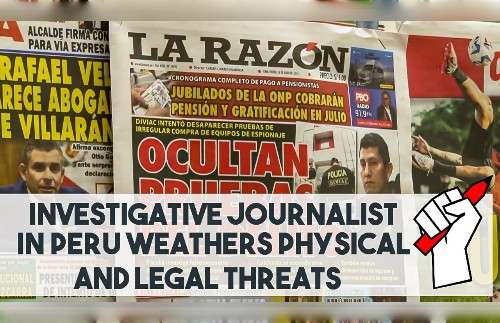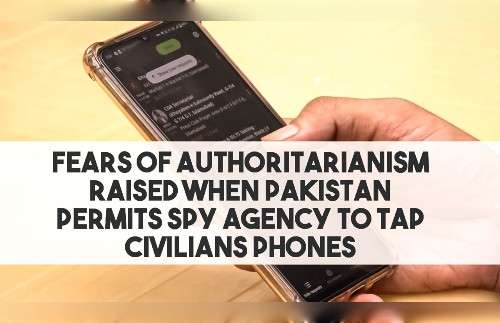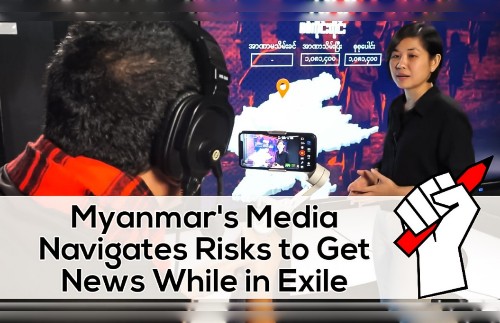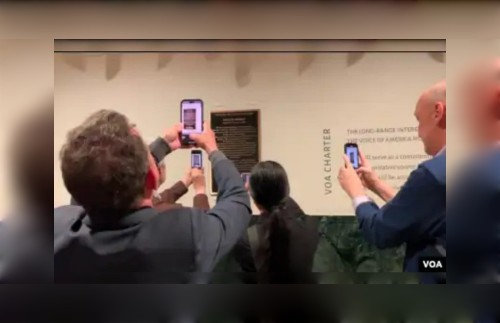Myanmar’s Supreme Court on Tuesday agreed to rule on an appeal filed by lawyers representing two Reuters journalists sentenced to seven years in jail for violating the country’s colonial-era Official Secrets Act while they reported on a massacre of Rohingya Muslims during a brutal military-led crackdown in Rakhine state.
Reporters Wa Lone, 32, and Kyaw Soe Oo, 29, were arrested in December 2017 while pursuing a story about the extrajudicial killings of 10 Rohingya in northern Rakhine’s Inn Din village, after policemen they had met for dinner handed them papers related to security operations in the state.
A Yangon court sentenced the journalists to seven years in jail in September 2018 for possessing classified government documents.
Their lawyers filed an appeal with the Supreme Court on Feb. 1 based on a lack of proof and evidence that the two men had been set up by police, after a previous appeal filed with the Yangon Regional Court on Jan. 11 had been rejected.
Attorney Khin Maung Zaw said Tuesday that during submission of the appeal to the court he cited 13 grounds on which he believed judicial procedure had been violated.
He also said it was strange that the court accepted the appeal based on legal precedents involving the right to information and state secrets laws in other Asian countries.
“The judge cited Singaporean and Indian rulings in the appeal,” he said.
“The essence of these rules is that the right to information will not prevail when it comes into conflict with the Official Secrets Act,” he said.
Though Wa Lone and Kyaw Soe Oo remain in Yangon’s Insein Prison and did not attend the hearing, their wives traveled to the capital with their young children to show support for their appeal.
We want to be together as a family as soon as possible,” said Chit Su Win, wife of Kyaw Soe Oo. “We have been dreaming about our times together. I believe the appeal for them will succeed.”
Wa Lone’s wife, Pan Ei, who gave birth to their first child last year while her husband was in prison, echoed the sentiment.
“I don’t understand well about the judiciary, but I simply want to be united with my husband, and I want both of them to be home as soon as possible,” she said. “Their health conditions are good.”
No date was set for the pair’s next appearance before the judge.
Ahead of the hearing, Reuters editor-in-chief Stephen J. Adler issued a statement that said: “Myanmar’s Supreme Court has the opportunity to correct the serious miscarriage of justice inflicted on Wa Lone and Kyaw Soe Oo for the last 15 months.”
“They are honest, admirable journalists who did not break the law, and they should be freed as a matter of urgency,” he said.
Miscarriage of justice
Rights groups and diplomats have condemned the sentencing of the the reporters, saying their convictions have dealt a blow to freedom of the press in the developing democracy.
Aung San Suu Kyi, who defended the sentencing in September 2018, invited critics of the ruling to point out any miscarriage of justice, and said that the reporters could appeal their sentences under due process of law.
She also maintained that their convictions had nothing to do with the suppression of press freedom and that they were jailed for handling classified documents about the crackdown during which roughly 740,000 Rohingya fled to safety in neighboring Bangladesh.
The United States, United Nations, and other critics have said that atrocities committed against the Rohingya amounted to ethnic cleansing, if not genocide, though the Myanmar government has denied the allegations.
Independent journalists have largely been forbidden to access to the areas where the crackdown occurred.
Dozens of journalists have been arrested under MYanmar’s civilian-led government that came to power in 2016, earning the administration of Aung San Suu Kyi the wrath of rights groups for appearing to backpedal on press freedom after decades of stifling military rule in Myanmar.
Reported by Win Ko Ko Latt for RFA’s Myanmar Service. Translated by Khet Mar. Written in English by Roseanne Gerin.
Copyright © 1998-2016, RFA. Used with the permission of Radio Free Asia, 2025 M St. NW, Suite 300, Washington DC 20036
















